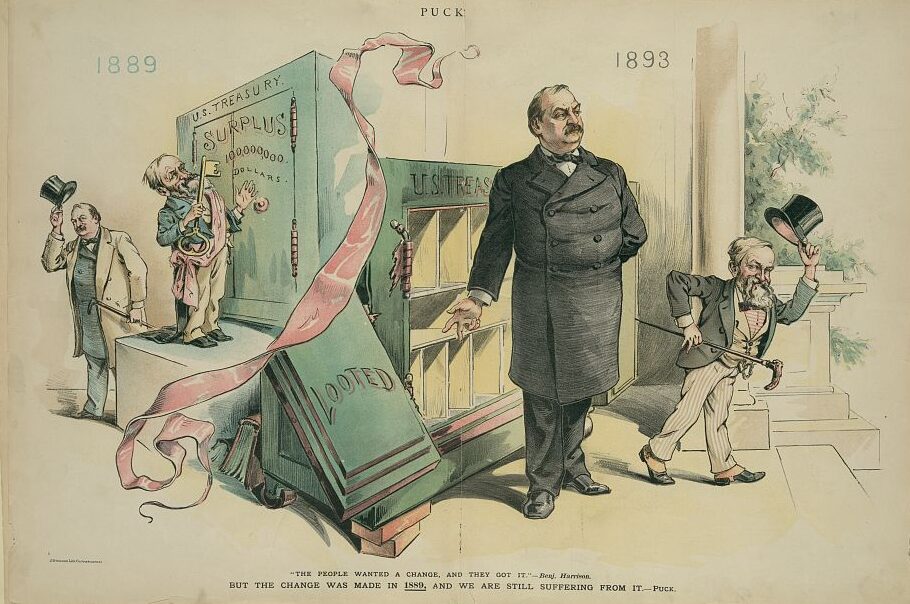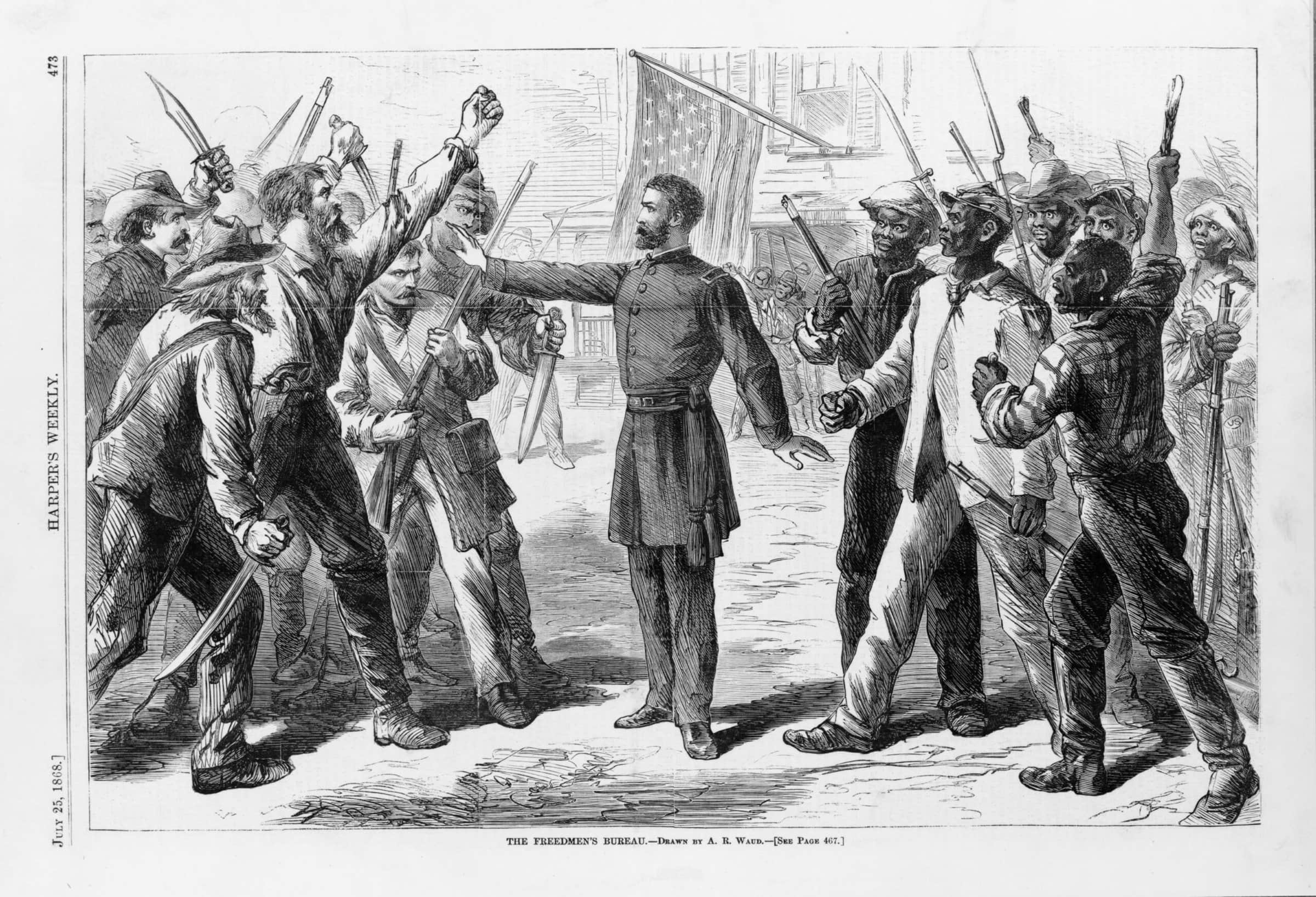Roy Doron is an associate professor at Winston-Salem State University. He lives in Winston-Salem, North Carolina, and has been a member since 2010.
Website: https://www.wssu.edu/profiles/doronrs/

Alma maters: BA, University of Washington, 2002; MA, University of Texas at Austin, 2006; PhD, University of Texas at Austin, 2011
Fields of interest: Africa, military, political
Describe your career path. What led you to where you are today?
I moved to Seattle from Israel in 1997 to pursue a career in software development. I quickly gravitated toward history at UW while working full time at Microsoft (several Xbox games were among my projects). The moment I knew I wanted and could do it professionally came in my undergraduate seminar with James Felak. When I arrived in graduate school, I was fortunate to have Toyin Falola help shape me from student to scholar. Tim Stapleton from the University of Calgary encouraged me to embrace the “military” part of African history.
What do you like the most about where you live and work?
One of the things I like most about being at Winston-Salem State University and in Winston-Salem is finding the connections to Africa that are in plain sight, yet also invisible to the casual observer. I am also fortunate to work at an institution with an intelligent student body that desires to be challenged. The city itself is also now beginning a sort of cultural renaissance that is a delight to be a small part of.
What projects are you currently working on?
I am in the final stages of a co-authored book (with Toyin Falola) concerning the history of the Nigerian Civil War. My next project examines the applications of magic within African military structures and how the use of magic and the control of the spirit world was an essential component in warfare and African political legitimacy.
Have your interests evolved since graduation? If so, how?
With the help of my mentors, I have more fully accepted that the idea of military history, especially the “new” military history, deserves a more central place within African history. When African studies and African history came into their own as disciplines, most scholars stayed away from military matters to discourage the image of “broken” Africa. Though understandable, this has also left a hole in the study of a continent where military matters have long been important factors in state-society relations. Hopefully, this new generation of Africanists can begin to examine many aspects of the African past using this lens. I am honored to be one of the founding editors of the Journal of African Military History, to help advance the scholarship.
What’s the most fascinating thing you’ve ever found at the archives or while doing research?
Perhaps the most jarring moment came in a letter from a former employee at the American Consulate in Enugu, Nigeria, asking for help and hopefully his back pay, because the Nigerians had frozen all money transfers to Biafra during the Civil War. His letter included photos of happier times with the consulate staff, before switching to images of decapitated Nigerian soldiers and charred bodies with the same person gloating over the images on the reverse. For an historian interested in the social and psychological aspects of warfare, that letter showed how that brutal conflict transformed a white-collar worker’s psyche in an extremely dramatic fashion in a very short time.
Is there an article, book, movie, blog etc. that you could recommend to fellow AHA members?
If you have not regularly been reading the Washington Post’s Monkey Cage and Africa Is a Country, you have been missing out. For teaching purposes, I recommend BBC’s podcast In Our Time. Less a history lesson and more of a discussion with some of the world’s leading scholars on a subject, it can help kick-start any student’s research project.
What do you value most about the history discipline?
As a scholar, I value the connections that I make in understanding the past. As an educator, I value history’s unique ability to engage students in critical thinking, structured analysis, and good writing skills.
Why is membership in the AHA important to you?
The AHA has done so much to shape the field on all levels. For those of us with heavy teaching loads, the ability to connect with historians from all fields, both at the annual meeting and online is invaluable. The organization’s leadership has been a tireless advocate for the profession, and we all owe the officers who volunteer their time a debt of gratitude.
AHA members are involved in all fields of history, with wide-ranging specializations, interests, and areas of employment. To recognize our talented and eclectic membership, Perspectives Daily features a regular AHA Member Spotlight series.
This work is licensed under a Creative Commons Attribution-NonCommercial-NoDerivatives 4.0 International License. Attribution must provide author name, article title, Perspectives on History, date of publication, and a link to this page. This license applies only to the article, not to text or images used here by permission.



